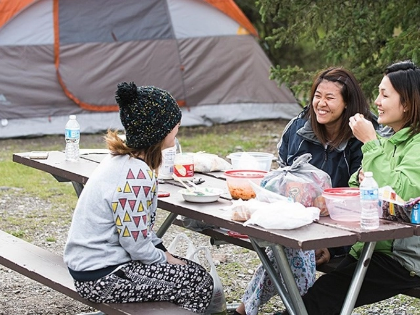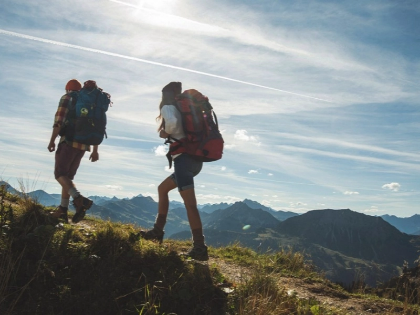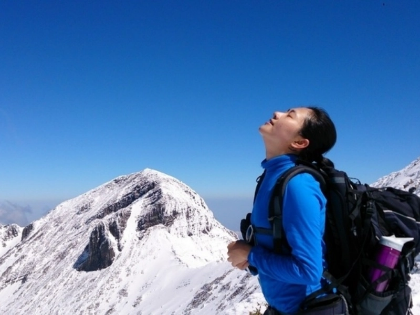How Difficult is Camping?
Camping can be easy or challenging, depending on the area, the weather, and one's degree of experience. Anyone can, however, enjoy camping if they have the proper equipment and are prepared. Life skills like knotting, cooking over an open fire, and reading the reading the environment are all learned through camping. In the event of a survival emergency, all of these vital talents could save your life.
1. Camping Gear
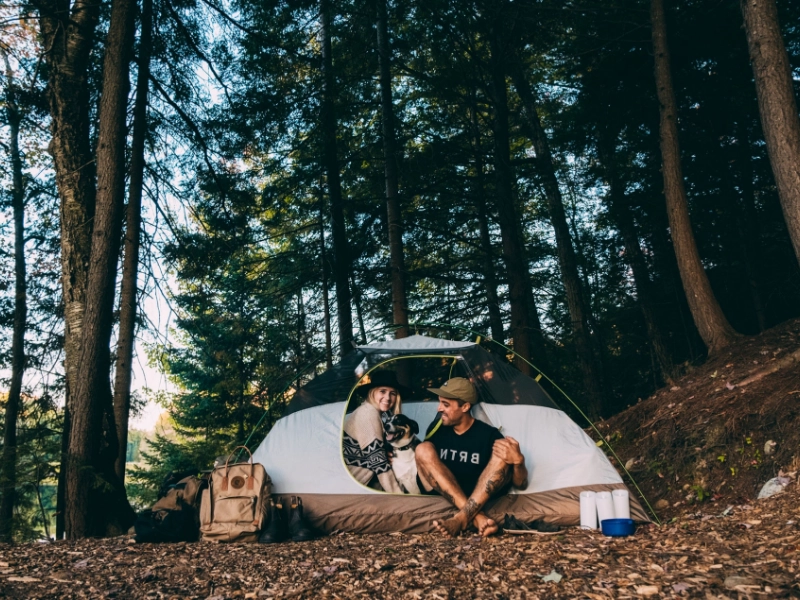
2. Preparing food
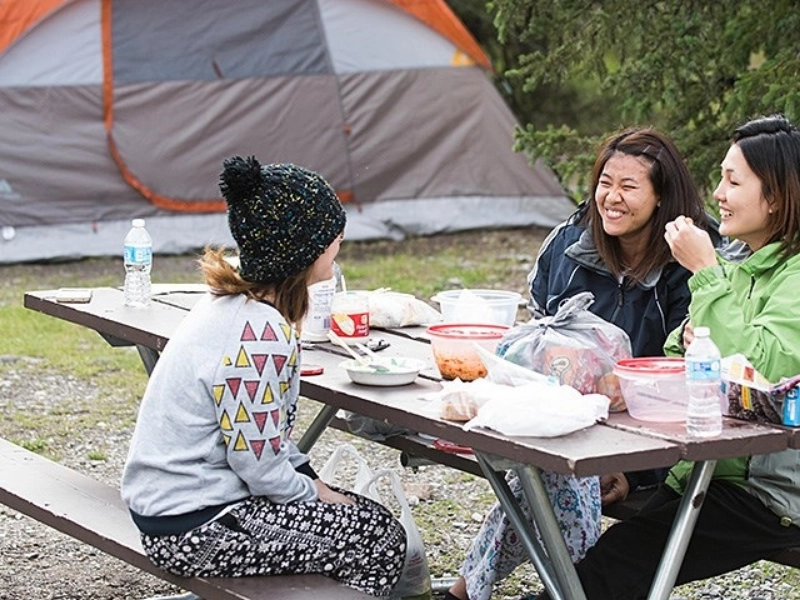 Building a fire and preparing food at camp take time. Everyone should, however, spend time with their family and friends, enjoy the sensation of being outside without distractions, and converse and share tales over a hot meal at least once.
Before heading to camp, make a meal plan and finish any labor-intensive prep chores at home. You'll avoid a lot of stress at the campsite by doing this.
Bring an abundance of plates and cooking utensils. Paper towels, biodegradable soap, a sponge or scrubber, and one or more dishtubs are also necessities. To prevent contaminating freshly cleaned cutlery for subsequent meals, wash dishes with boiling or filtered water.
Building a fire and preparing food at camp take time. Everyone should, however, spend time with their family and friends, enjoy the sensation of being outside without distractions, and converse and share tales over a hot meal at least once.
Before heading to camp, make a meal plan and finish any labor-intensive prep chores at home. You'll avoid a lot of stress at the campsite by doing this.
Bring an abundance of plates and cooking utensils. Paper towels, biodegradable soap, a sponge or scrubber, and one or more dishtubs are also necessities. To prevent contaminating freshly cleaned cutlery for subsequent meals, wash dishes with boiling or filtered water.
3. Nodding Off
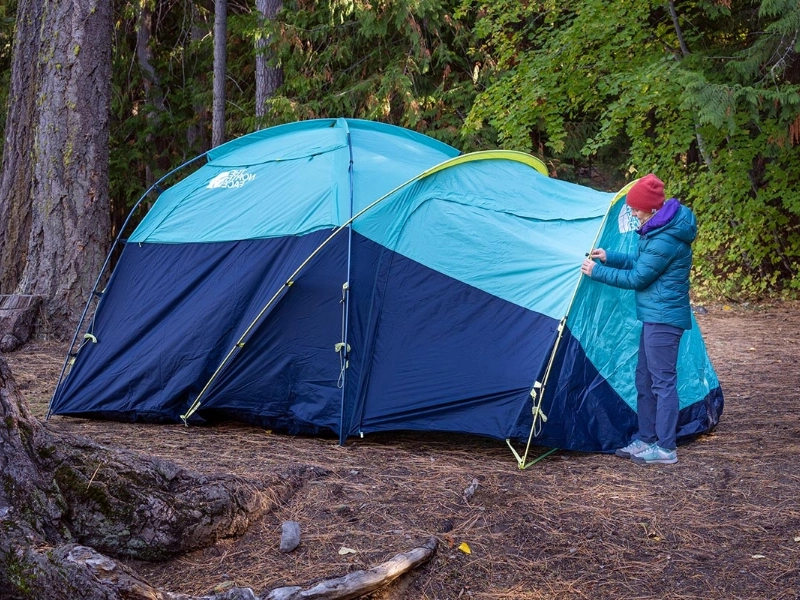 A restful night's sleep is necessary for a fun camping experience. It might be challenging to get comfortable in your tent and sleep, especially if you are without the typical comforts of home. Sounds of animals at night, rustling foliage, and really cold weather can all disrupt sleep.
Prioritize comfort when camping in warm weather by investing in a sleeping bag that will keep you cool at night. Additionally, a quality cushion will have an impact.
Making comfort and preparedness your top priorities will help you sleep well so that you can wake up feeling rejuvenated and ready to take in the natural beauty of your surroundings. Your ability to sleep outside will improve the more you camp.
A restful night's sleep is necessary for a fun camping experience. It might be challenging to get comfortable in your tent and sleep, especially if you are without the typical comforts of home. Sounds of animals at night, rustling foliage, and really cold weather can all disrupt sleep.
Prioritize comfort when camping in warm weather by investing in a sleeping bag that will keep you cool at night. Additionally, a quality cushion will have an impact.
Making comfort and preparedness your top priorities will help you sleep well so that you can wake up feeling rejuvenated and ready to take in the natural beauty of your surroundings. Your ability to sleep outside will improve the more you camp.
4. Mountaineering
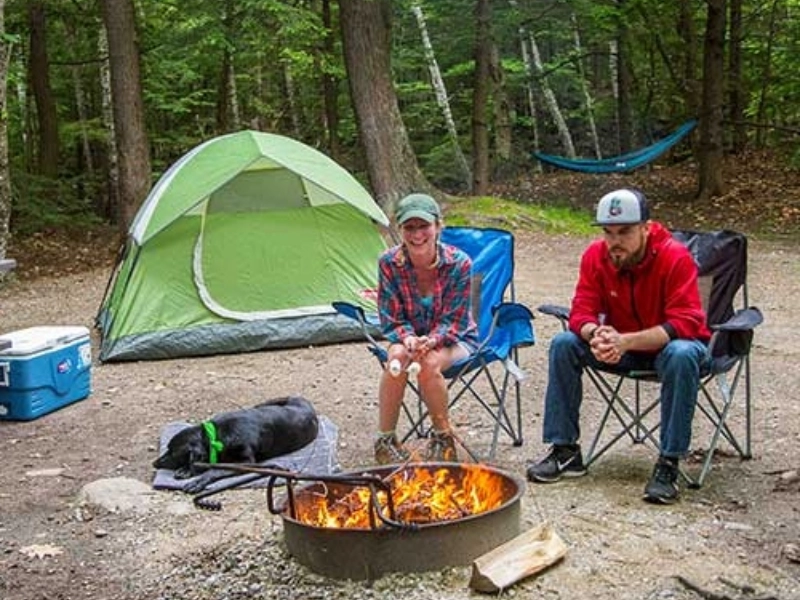 While sleeping outside in a tent or other shelter is the traditional definition of camping, some campers also choose to go trekking. Hiking is a fantastic way to get some exercise and fresh air, in addition to seeing more of the surrounding natural area.
There are numerous hiking trails in parks and national forests, all with differing levels of difficulty. The distance and elevation gain of a hike typically indicate its degree of difficulty.
Regular hiking has been linked to increased productivity and better sleep patterns, according to studies. Additionally, it can aid in lowering stress levels and lowering anxiety and depressive symptoms.
While sleeping outside in a tent or other shelter is the traditional definition of camping, some campers also choose to go trekking. Hiking is a fantastic way to get some exercise and fresh air, in addition to seeing more of the surrounding natural area.
There are numerous hiking trails in parks and national forests, all with differing levels of difficulty. The distance and elevation gain of a hike typically indicate its degree of difficulty.
Regular hiking has been linked to increased productivity and better sleep patterns, according to studies. Additionally, it can aid in lowering stress levels and lowering anxiety and depressive symptoms.
5. Climate
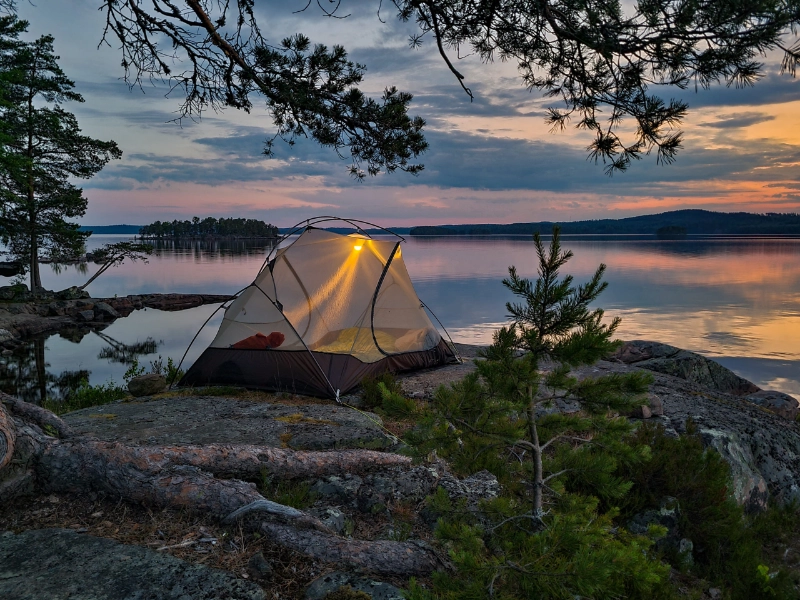 A unique opportunity to experience nature is provided to campers by nature. They see stars in the darkest sky, feel wind and rain (and sunshine), and hear animals like songbirds and coyotes.
However, camping in inclement weather can be challenging. While strong winds or a thunderstorm can make tent pitching risky and leave your possessions tumbling around inside, an unexpected downpour can wet your tent and muddy your campsite.
Check the weather prediction for your camping location before you go to minimize unpleasant surprises. In parts of the woods where mobile phone coverage may be spotty, think about packing a weather radio to receive the most recent reports.
A unique opportunity to experience nature is provided to campers by nature. They see stars in the darkest sky, feel wind and rain (and sunshine), and hear animals like songbirds and coyotes.
However, camping in inclement weather can be challenging. While strong winds or a thunderstorm can make tent pitching risky and leave your possessions tumbling around inside, an unexpected downpour can wet your tent and muddy your campsite.
Check the weather prediction for your camping location before you go to minimize unpleasant surprises. In parts of the woods where mobile phone coverage may be spotty, think about packing a weather radio to receive the most recent reports.
6. Security
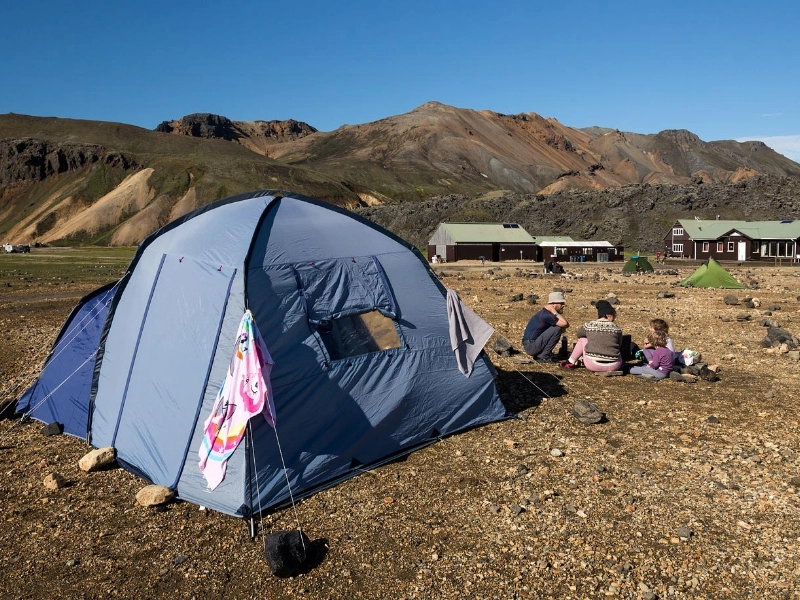 A wonderful way to escape the stress of daily life is to go camping. But it's crucial to keep in mind that you are in the wilderness and may encounter unforeseen threats. Have a well-equipped first aid kit, sunscreen, and insect repellent on hand to be ready.
Informing someone of your destination and travel itinerary is also a smart idea. This is useful in the event that something goes wrong and you require assistance. To avoid drawing in wildlife, store food in a bear-proof container or inside your car, and remove any garbage. If it's permitted to have a fire, use a metal campfire ring or surround it with rocks to prevent unintentional burns.
A wonderful way to escape the stress of daily life is to go camping. But it's crucial to keep in mind that you are in the wilderness and may encounter unforeseen threats. Have a well-equipped first aid kit, sunscreen, and insect repellent on hand to be ready.
Informing someone of your destination and travel itinerary is also a smart idea. This is useful in the event that something goes wrong and you require assistance. To avoid drawing in wildlife, store food in a bear-proof container or inside your car, and remove any garbage. If it's permitted to have a fire, use a metal campfire ring or surround it with rocks to prevent unintentional burns.

